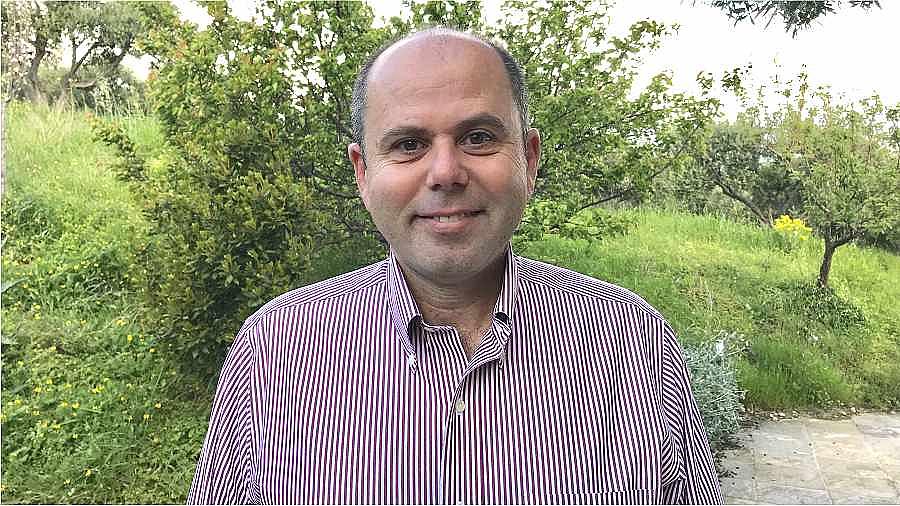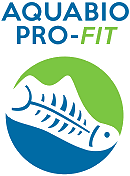News
07.05.2019
Interview - Christos Tsatsanis from the University of Crete

The University of Crete, also known as Panepistimio Kritis is a project partner of the AQUABIOPRO-FIT consortium. We caught up with professor Christos Tsatsanis to find out why the university of Crete chose to be part of the AQUABIOPRO-FIT consortium and how their expertise in inflammation will be utilized in the project.
What is your area of expertise?
My lab focusses on the field of immunology and we have longstanding experience in establishing and studying models of inflammation and inflammatory diseases. In this context, we have set up platforms assessing the anti-inflammatory activity of different extracts including natural products from marine organisms.
How did you come to work in this field?
Having studied the mechanisms regulating inflammation for a long time, we embarked in identifying factors that have anti-inflammatory properties by targeting selected cellular mechanisms. These factors can be constituents of natural products or nutrients present in food, thus providing scientific evidence that will support the use of such extracts as dietary supplements.
What is your role in the AQUABIOPRO-FIT project?
My group will analyze the impact of extracts obtained from aquaculture side streams on inflammation and the gut microbiome, to support their use as dietary supplements with anti-inflammatory and pro-healing activities.
What was it about AQUABIOPRO-FIT that triggered your interest?
The fact that there is a large mass of side streams with excellent nutritional properties that is not currently used and has potential to provide important dietary supplements.
What do you expect to gain from AQUABIOPRO-FIT?
I expect to gain knowledge on the impact of selected dietary products on inflammation and skin healing and potentially participate in the formulation of new products.
What value/impact will the results from the project bring?
The major impact in my opinion will be in triggering circular economy practices in the field of fisheries and aquaculture and at the same time utilize parts of fish with outstanding nutritional value that can be beneficial to human health.
What do you see as the biggest challenge in moving towards a circular economy?
The biggest challenge is the quality assurance of the side streams to be used. In this aspect side streams directly from fish industry have the advantage of having minimal risk for contaminants since the process is tightly controlled.
What are the main advantages of EU projects such as AQUABIOPRO-FIT?
Such projects will stimulate comprehensive circular economy practices and utilize food products that were neglected to date.
The Consortium consists of 3 universities, 1 large company, 3 SMEs, 1 NGO and 4 research institutes from 7 European countries. Find out more about University of Crete and the other AQUABIOPRO-FIT project partners in the links below.
Relative project terms
Clinical tests , Communication , Fish side stream bioactives , Marine nutritional supplement development , Model studies - documentation , Training , Tunicates
Category: Internal project activities
×
![]()






